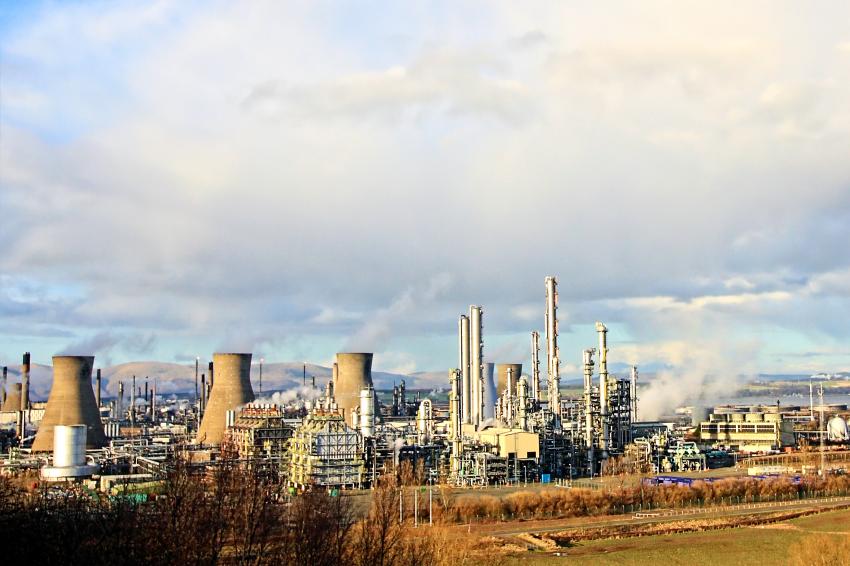UK Chemicals Steady in Q2, Uncertainty Ahead
In a survey of member companies, half of businesses said that exports to the EU and to the rest of the world have either remained at current levels or improved, as has capital expenditure and business utilization.
The CIA said 80% of firms reported stability and growth in employee numbers as well as the amount spent on research & development.
Commenting on the results, CEO Steve Elliott said “Given the huge challenges earlier in the year, it is good to see some stability has been reached.
Looking ahead to quarter three, 80% of businesses see steady or improved domestic sales and global exports with more than 70% expecting the same picture for EU exports and capital expenditure.
However, 10% of survey respondents are expecting job losses and reductions in R&D expenditure.
“We cannot say yet that we are on an economic path to growth - the next quarter looks OK, but that is building on a very challenging second quarter and we can all see that sustained economic recovery is unlikely to be smooth or predictable,” Elliot said.
Certainly, when looking at IHS Markit’s UK manufacturing Purchasing Managers’ Index (PMI) for July, quarter three has got off to a good start. The economic indicator rose to 53.3 in July from 50.1 in June, illustrating the strongest pace of expansion in the UK’s manufacturing sector since March 2019, as the country started to ease lockdown conditions imposed to slow down the rate of Covid-19 infections. A reading above 50 signifies growth while a number below that signifies contraction.
The index also showed that UK output growth in July had accelerated at its fastest since November 2019 amid reports of new order inflows starting to pick up in several markets, including parts of Europe, the US and Asia.
Looking ahead at the coming months, Elliott noted CIA members retained some optimism but added “it is very hard to be clear”. “While the majority of businesses are predicting an even stronger export performance (52%), ramping up and stability of new orders (75%) and the same prediction for production levels, jobs and R&D, plus greater capacity utilization, the uncertain outcome of the Brexit talks and any Covid-19 spike means the tremendous hard work shown by businesses in the sector could be at risk.”
Elliot called on the UK government for “a successful conclusion to the UK:EU trade talks including tariff-free frictionless trade and regulatory consistency; taxation reform through a reduction in corporation tax; improved incentives for R&D and a new green energy deal with a serious review of energy costs”.








